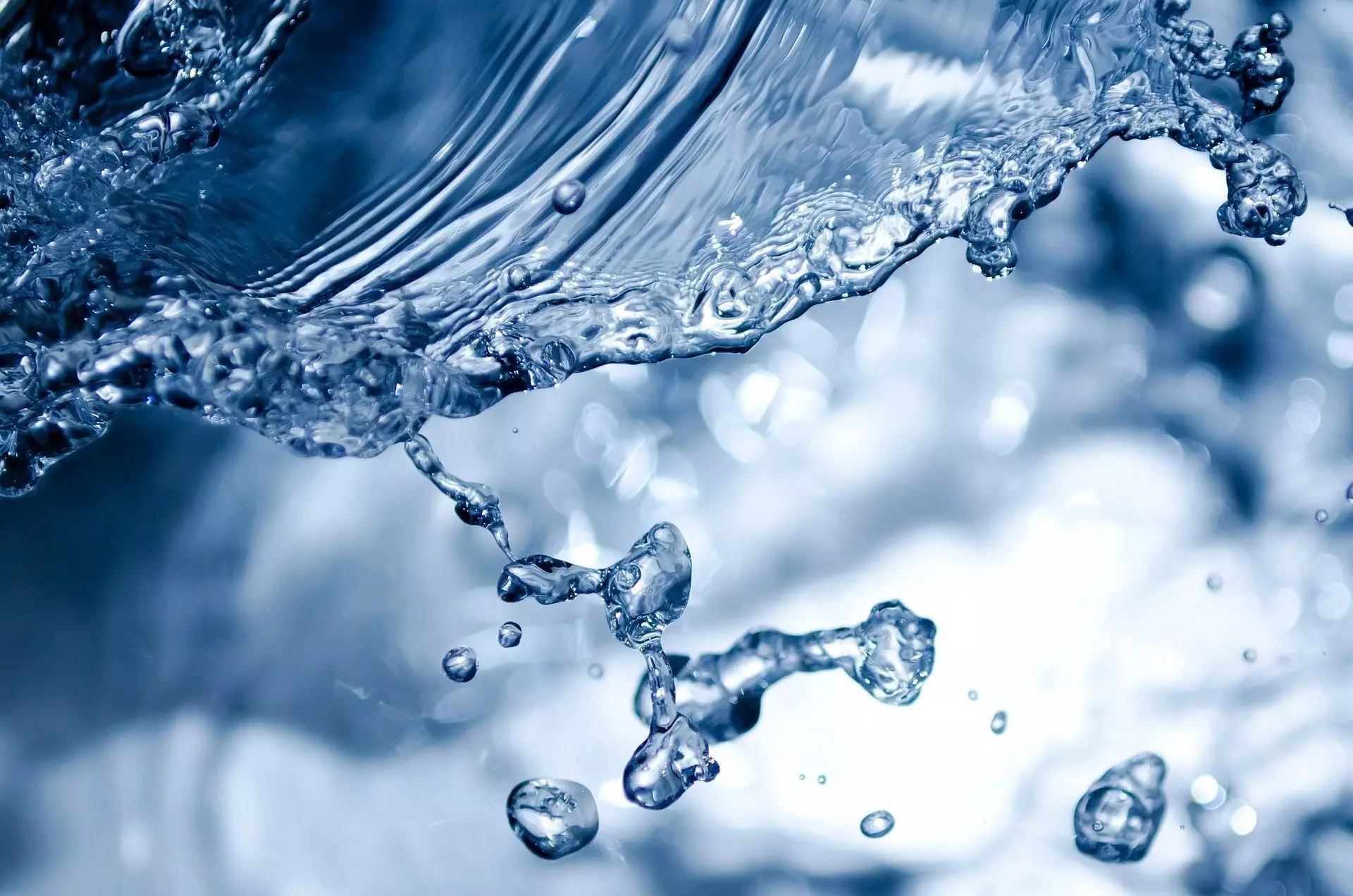In a world with a growing population and increasing demands for energy and freshwater, finding innovative solutions to meet these needs is crucial. Fortunately, Cornell engineers have developed a groundbreaking model that not only generates green energy but also desalinates ocean water for drought-stricken coastal populations. This integrated system, known as the Integrated Pumped Hydro Reverse Osmosis System (IPHROS), harnesses the power of gravity and reverse osmosis to provide a sustainable solution for coastal cities. In this article, we will explore the potential of this system and its impact on energy and water production.
A Revolutionary Concept: IPHROS
The IPHROS model is a unique two-system approach that combines energy storage and freshwater production in a symbiotic manner. By pumping seawater to a mountaintop reservoir and utilizing gravity to transport the salty water to a co-located hydropower plant and a reverse osmosis desalination facility, coastal communities can conveniently access renewable energy and potable water. This revolutionary concept offers a flexible and efficient solution to both energy and water crises.
With optimal design configurations, the IPHROS system has the potential to supply a significant amount of electricity and freshwater every day. According to Maha Haji and Matthew Haefner, the co-authors of the study, a large-scale IPHROS system could generate 79.5 million kilowatt-hours of electricity and produce 5.79 million cubic meters of fresh water daily. This capacity would be sufficient to meet the needs of approximately 661,000 homes. Moreover, the IPHROS system can reduce capital investment costs, minimize maintenance overhead, and offer a natural way to dilute highly saline discharge post reverse osmosis.
Addressing Water Scarcity
Water scarcity is a pressing global issue affecting regions with limited access to clean drinking water. This problem is exacerbated by factors such as increasing droughts, urbanization, and the impacts of global warming. However, the IPHROS system presents a viable solution for water-stressed areas, particularly in coastal regions. By harnessing renewable electricity to pump seawater to a mountain reservoir and subsequently desalinating it, this system ensures a sustainable water source for agriculture, industrial use, and domestic consumption.
The concept of pumped storage hydropower (PSH), where an upper reservoir supplies a lower reservoir to generate energy, is not new. In fact, there are already 43 PSH plants in the United States, with a total capacity of 21.9 gigawatts, contributing to 93% of all utility-scale domestic energy storage capacity. PSH offers the flexibility to balance electricity supply and demand for regional grids and can fulfill high-load demands efficiently. The IPHROS system builds upon this existing technology by integrating reverse osmosis desalination, maximizing both energy and freshwater production.
To fully exploit the potential of the IPHROS system, detailed mathematical modeling and optimization frameworks are crucial. This research aims to refine the concept introduced by Alexander Slocum, a professor of mechanical engineering at the Massachusetts Institute of Technology. The study by Haji and Haefner focuses on developing a surrogate model for reverse osmosis, optimizing design and operation, and maximizing freshwater and energy production. By incorporating advanced modeling techniques, the researchers aim to achieve the most efficient and effective IPHROS system.
As we move forward, the demand for energy and water resources will only increase. The IPHROS model represents a significant step towards addressing these challenges sustainably. By combining renewable energy, hydropower, and reverse osmosis desalination, this integrated system offers a promising solution for coastal communities worldwide. The potential benefits include reducing carbon emissions, promoting water security, and improving the overall resilience of communities in the face of climate change.
The IPHROS system is a game-changer in the fields of green energy and desalination. Its innovative approach not only meets the energy demands of coastal cities but also provides a reliable and sustainable source of freshwater. With ongoing research and development, we can expect to see the implementation of IPHROS on a larger scale, benefiting millions of people worldwide. As we navigate the challenges of an ever-changing world, solutions like IPHROS offer hope and demonstrate the immense potential of engineering and science in building a better, more sustainable future.


Leave a Reply